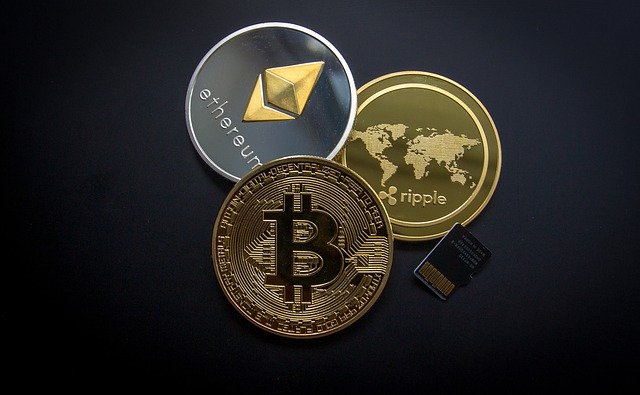Indie Game Economies: The Rise of Virtual Marketplaces
In the ever-evolving landscape of gaming, a fascinating trend has emerged: the rise of virtual economies within indie games. This phenomenon has transformed the way players interact with game worlds and each other, creating vibrant marketplaces that blur the lines between virtual and real-world economies. From digital currencies to rare collectibles, these in-game economies are reshaping the indie gaming experience and offering new opportunities for both developers and players alike.

Cryptocurrency Integration in Indie Games
One of the most innovative developments in indie game economies is the integration of cryptocurrency. Some forward-thinking developers have begun incorporating blockchain technology and existing cryptocurrencies into their games. This approach not only adds a layer of authenticity to in-game transactions but also allows players to potentially earn real-world value through their gaming activities.
Player-Driven Marketplaces
Unlike traditional games where economies are often controlled by developers, many indie games are embracing player-driven marketplaces. These systems allow players to set prices, trade items, and even create their own virtual goods. This level of freedom has led to the emergence of complex economic ecosystems within games, complete with supply and demand dynamics, market speculation, and even virtual entrepreneurs.
The Impact on Game Design
The integration of robust economies has significantly influenced indie game design. Developers are now creating games with economy-centric mechanics, where resource management and trading are core gameplay elements. This shift has given rise to new genres and hybrid games that blend traditional gameplay with economic simulation, appealing to a growing audience of players who enjoy the strategic depth of managing virtual assets.
Challenges and Controversies
While virtual economies in indie games offer exciting possibilities, they also present unique challenges. Issues such as inflation, market manipulation, and the potential for real-world monetary loss have become concerns for both developers and players. Additionally, the legal and ethical implications of these systems, particularly when real money is involved, remain a topic of debate within the gaming community and regulatory bodies.
The Future of Indie Game Economies
As technology continues to advance, the potential for virtual economies in indie games seems boundless. We’re likely to see increased integration with real-world financial systems, more sophisticated economic models, and perhaps even cross-game economies where assets can be transferred between different indie titles. This evolution could lead to a new era of gaming where the lines between play and commerce become increasingly blurred.
Indie Success Stories
Several indie games have already found success through their innovative economic systems. Titles like Axie Infinity have made headlines for their play-to-earn models, while others like Stardew Valley have created engaging economies that enhance the overall gaming experience without direct real-world value. These success stories are inspiring a new generation of indie developers to explore the potential of virtual economies in their games.
The Role of Community
At the heart of thriving indie game economies is the community. Players not only participate in these economies but often help shape them through feedback and collective behavior. This symbiotic relationship between developers and players is creating more dynamic and responsive economic systems that evolve based on community needs and preferences.
Educational Potential
Beyond entertainment, the complex economies in indie games are providing unexpected educational value. Players are learning principles of economics, finance, and market dynamics through hands-on experience in these virtual worlds. Some educators are even exploring the use of these games as teaching tools for economic concepts.
Regulatory Considerations
As virtual economies in indie games grow in complexity and real-world impact, they’re attracting the attention of regulators. Questions about taxation, gambling laws, and consumer protection are being raised, and the indie gaming industry may soon face new challenges in navigating this evolving regulatory landscape.
The emergence of sophisticated virtual economies in indie games marks a significant shift in the gaming industry. These systems are not just enhancing gameplay; they’re creating new forms of value, reshaping player interactions, and pushing the boundaries of what games can be. As indie developers continue to innovate in this space, we can expect to see even more creative and impactful implementations of virtual economies, potentially revolutionizing not just gaming, but our understanding of digital value and commerce as a whole.




